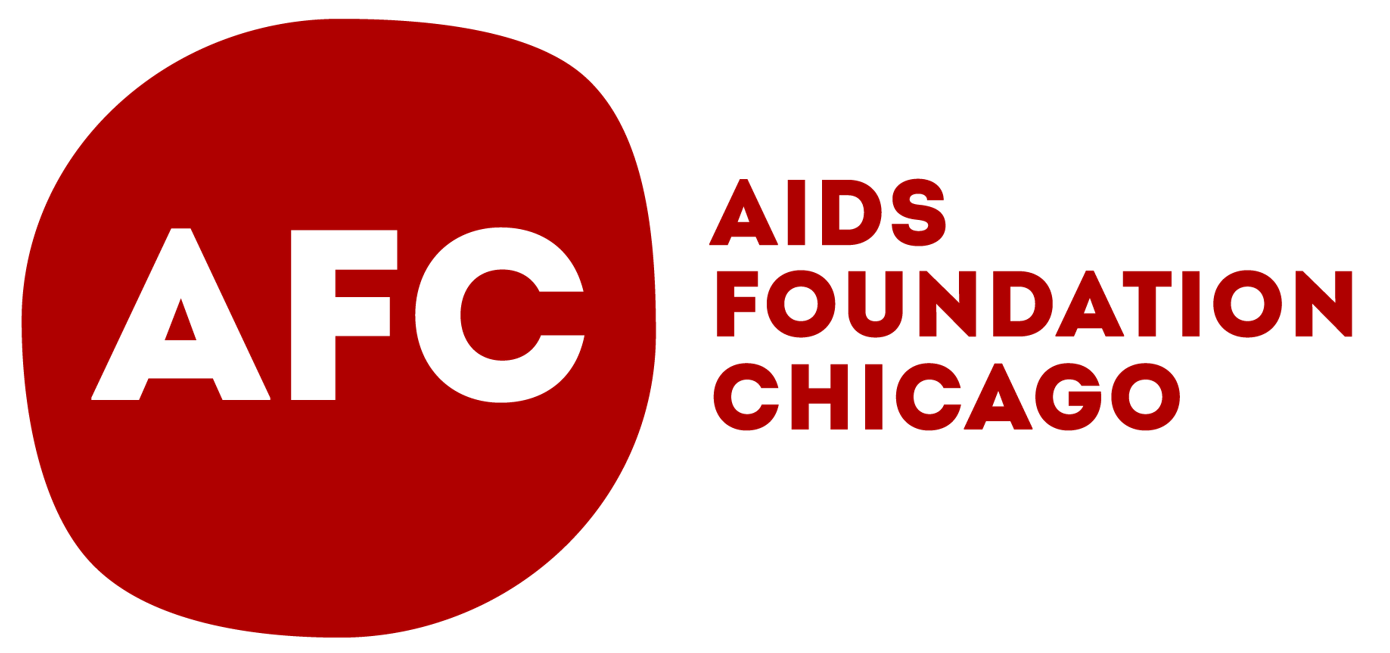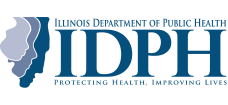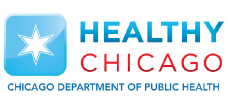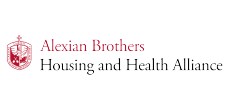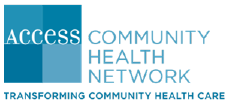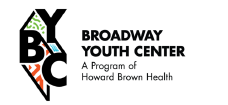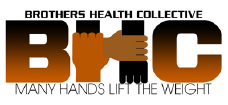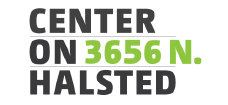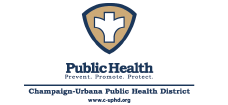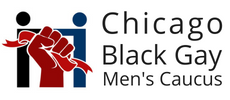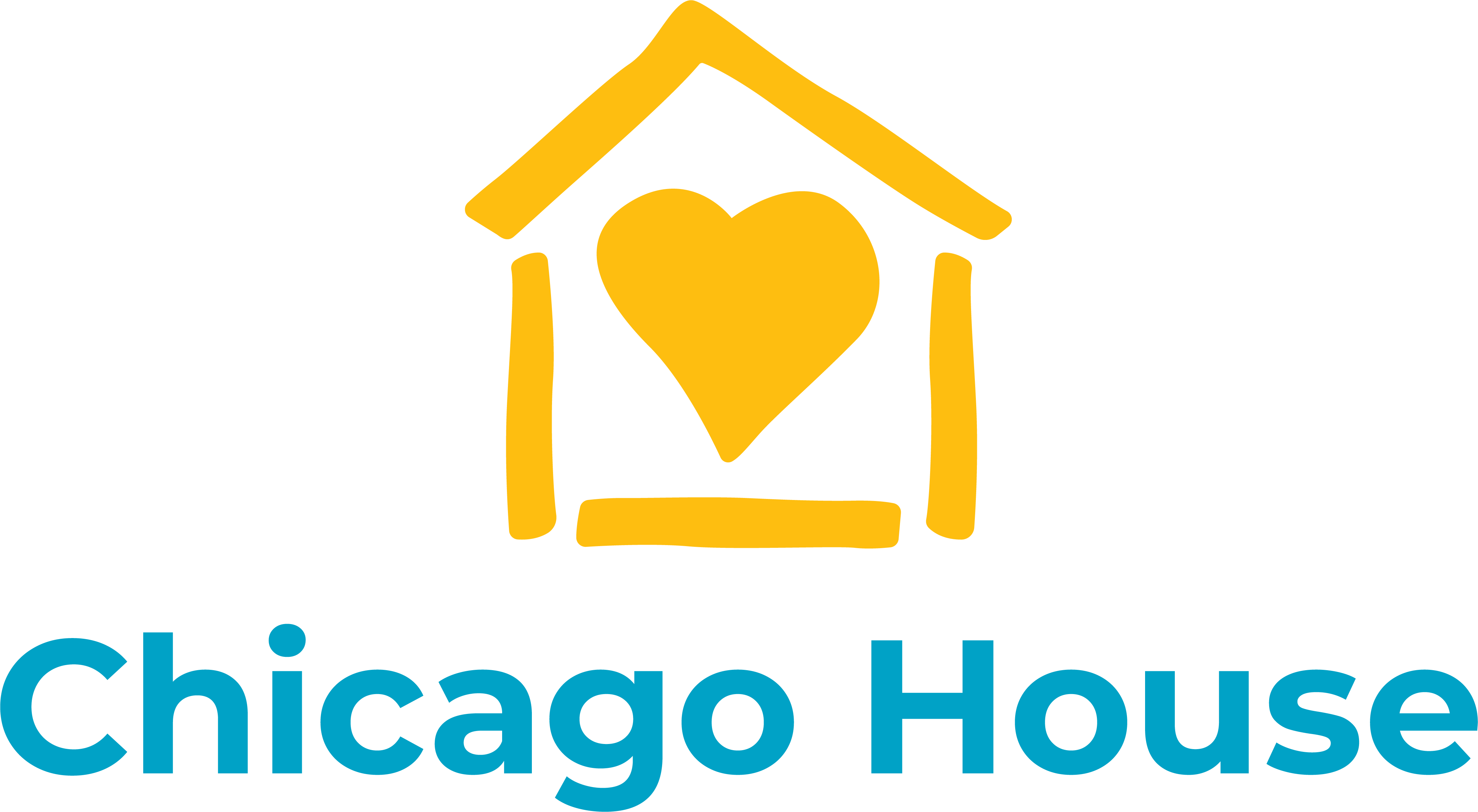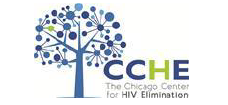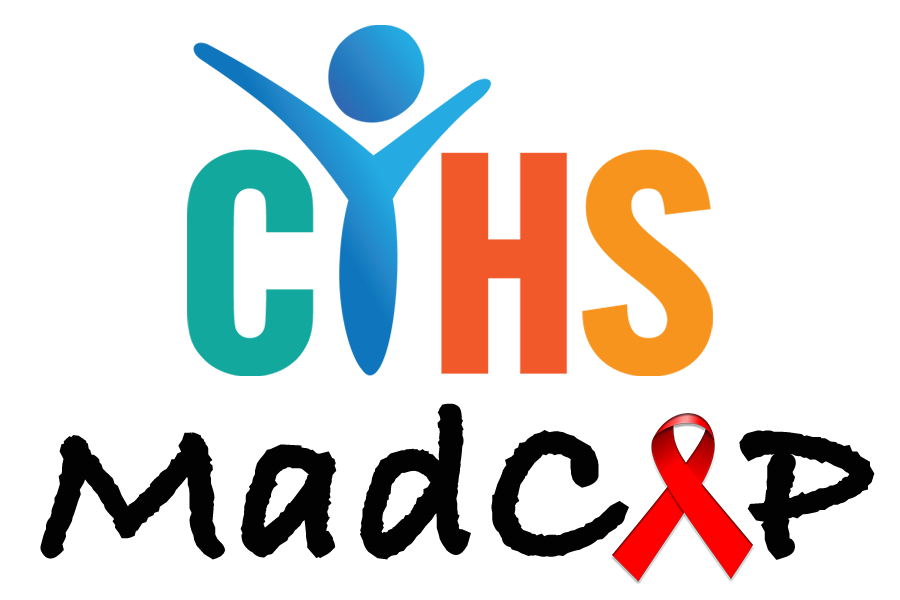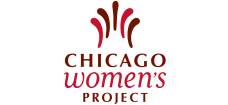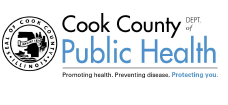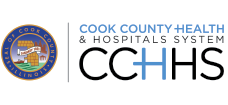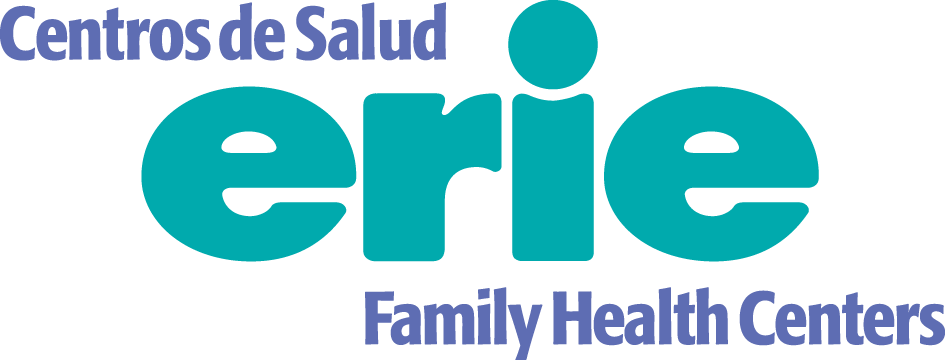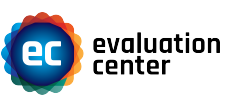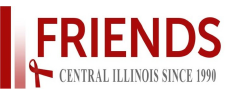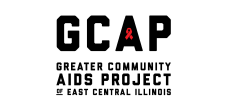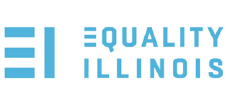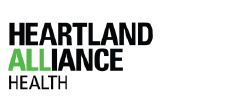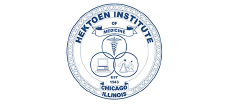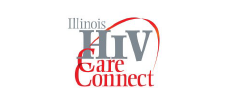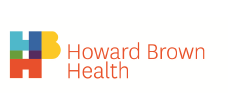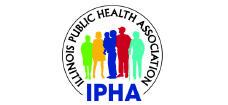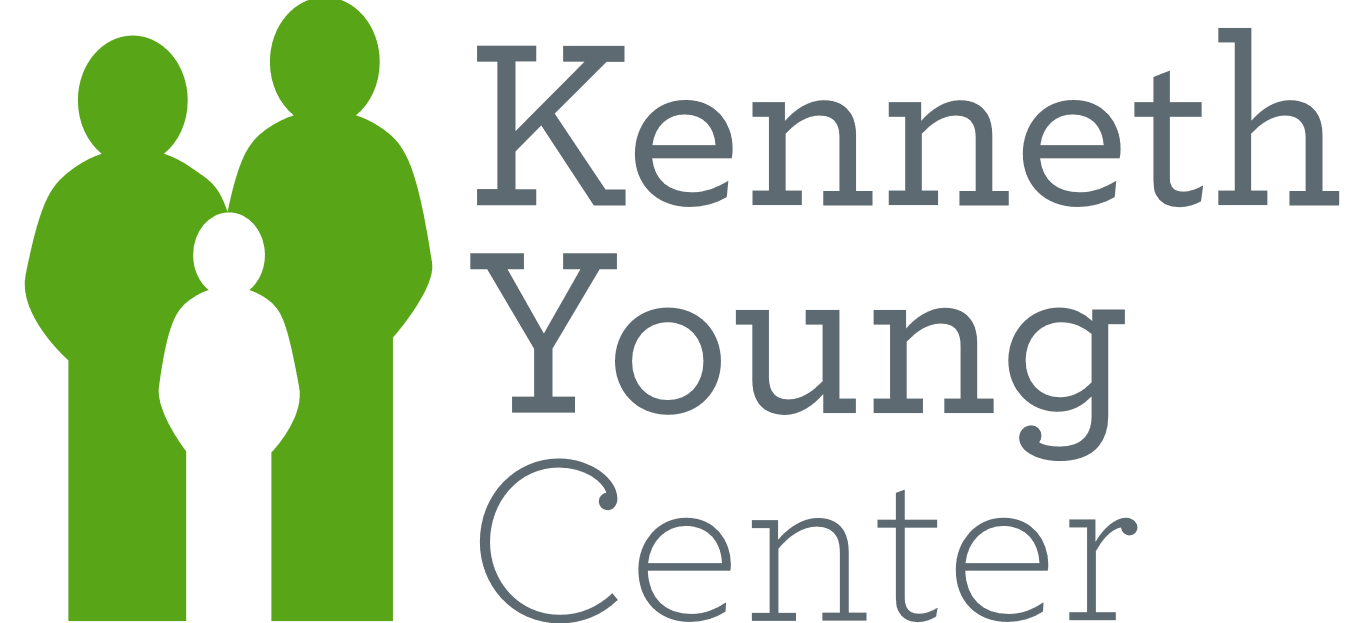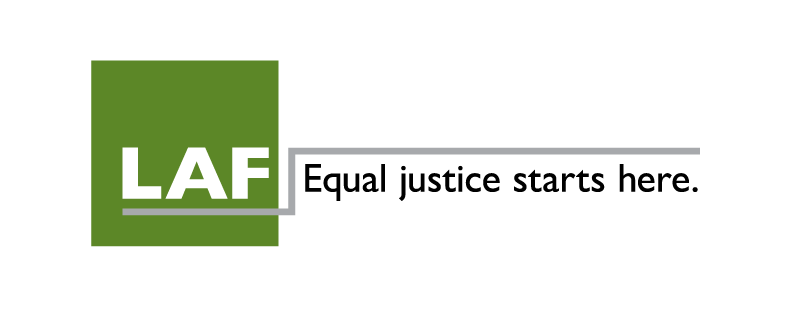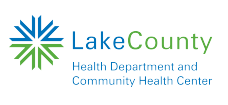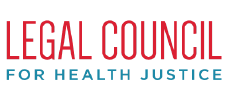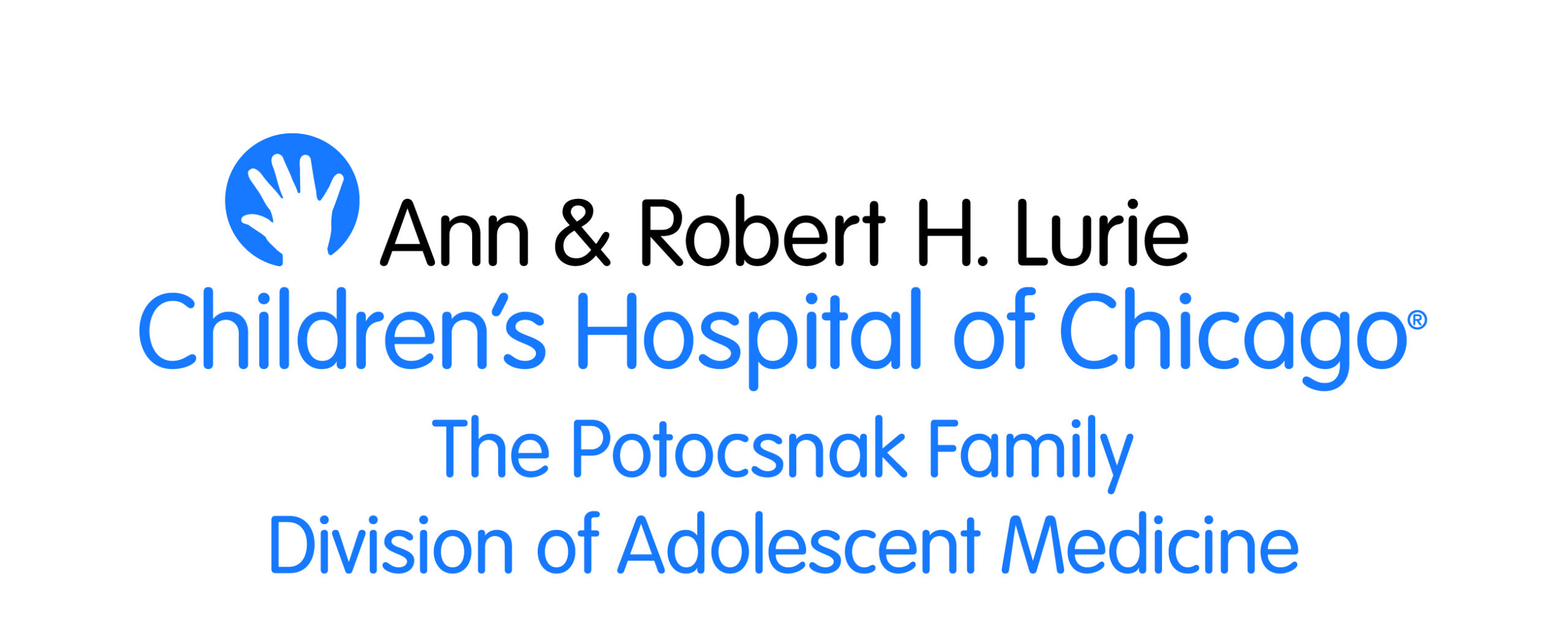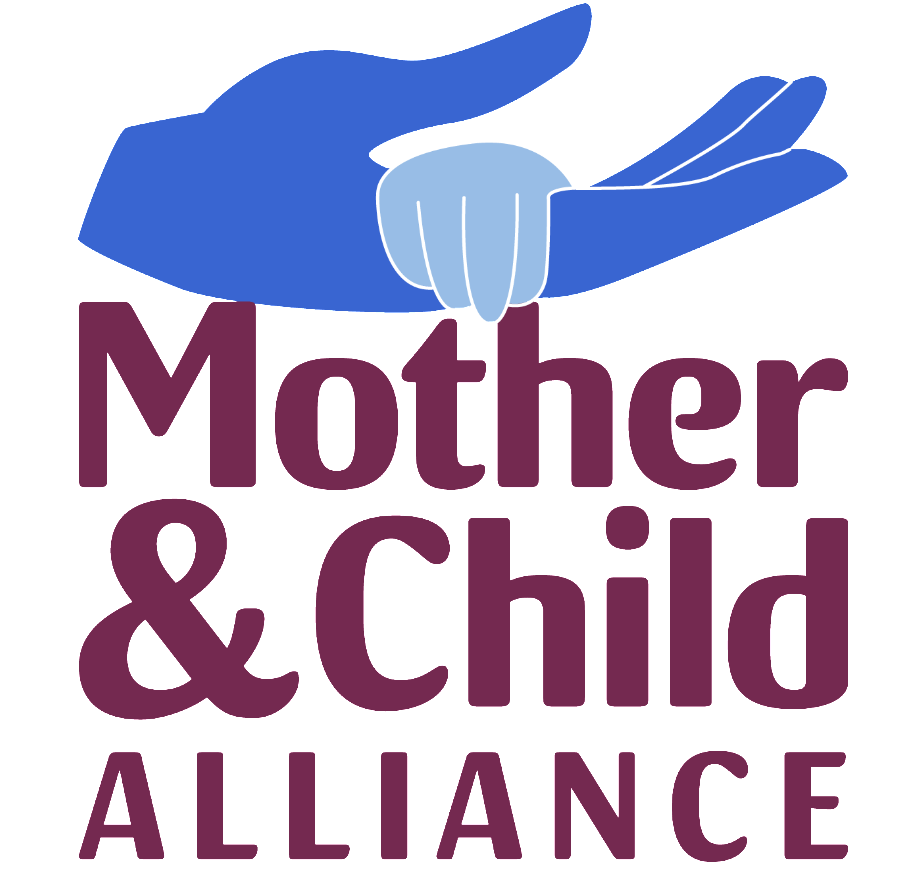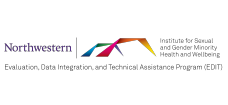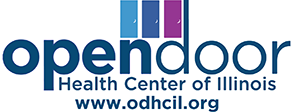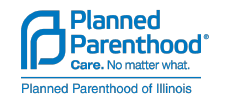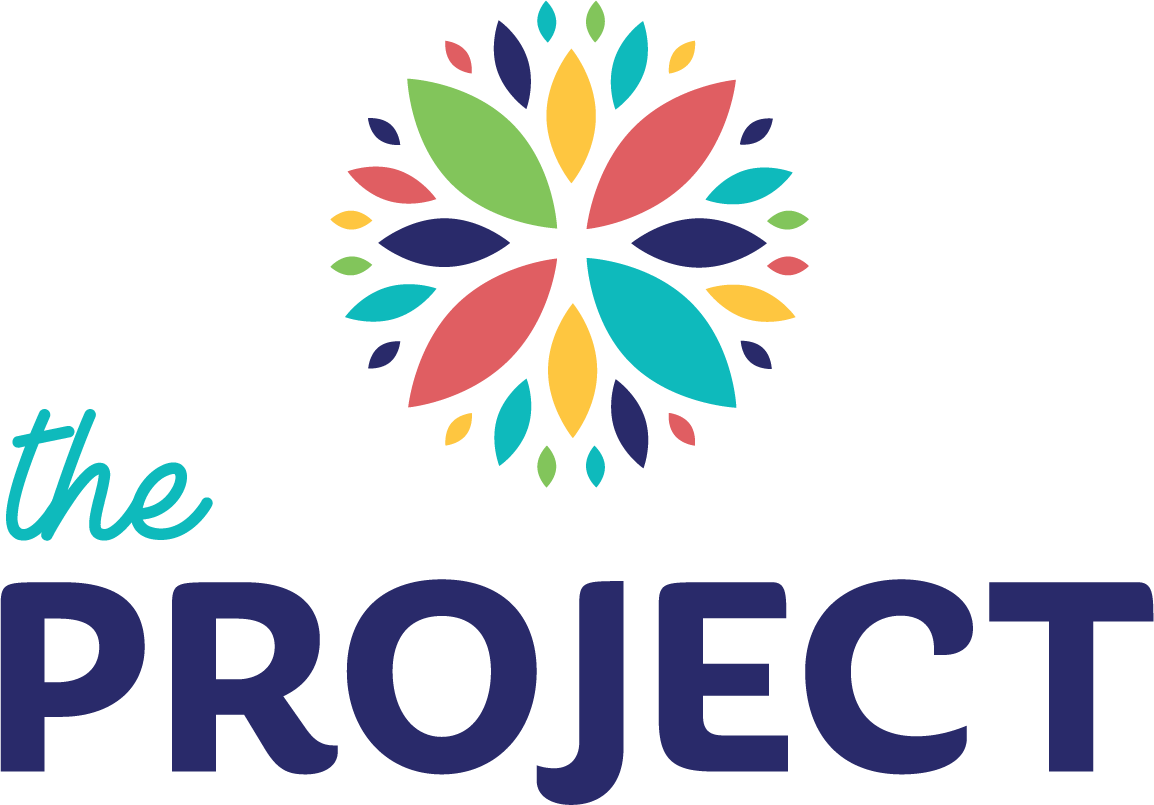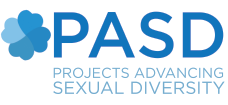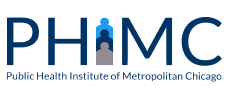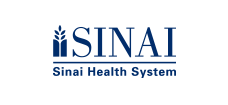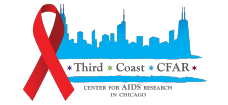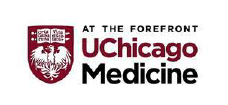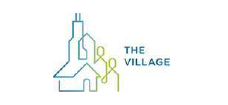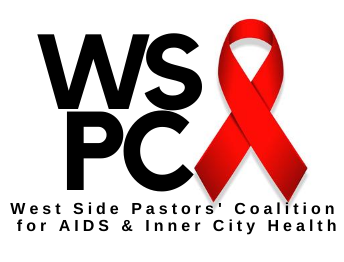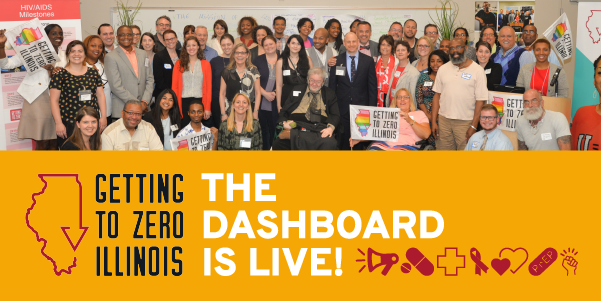
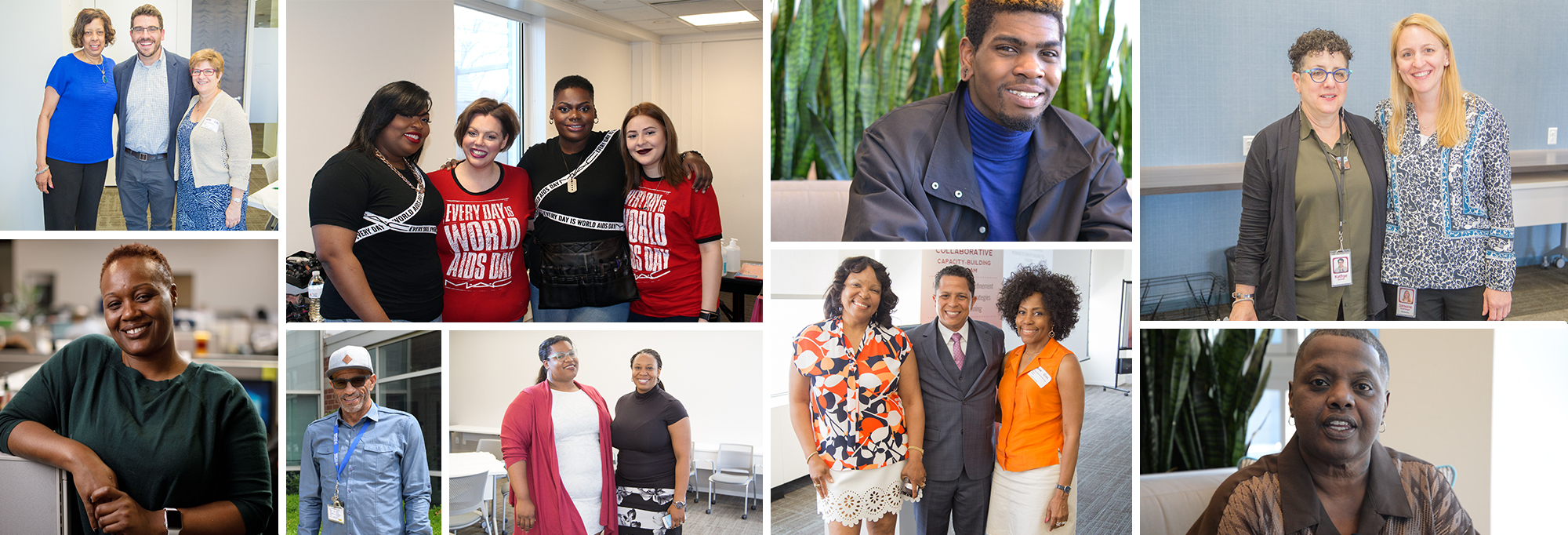
 Getting to Zero Illinois is a state-wide initiative to end the HIV epidemic in the state by 2030. Through partnerships with people living with HIV, community-based organizations, health care providers, government agencies and others, we can dramatically shift HIV in Illinois. AIDS Foundation Chicago and the Illinois and Chicago Departments of Public Health coordinate the Getting to Zero Illinois project.
Getting to Zero Illinois is a state-wide initiative to end the HIV epidemic in the state by 2030. Through partnerships with people living with HIV, community-based organizations, health care providers, government agencies and others, we can dramatically shift HIV in Illinois. AIDS Foundation Chicago and the Illinois and Chicago Departments of Public Health coordinate the Getting to Zero Illinois project.
META & VISION
We want to make sure the HIV epidemic is no longer able to sustain itself by achieving both HIV prevention and access to care goals. We strive to see:
1. Cero nuevas transmisiones
2. Zero people living with HIV who are not engaged in care
Through increasing access to and uptake of PrEP (pre-exposure prophylaxis), retaining more people living with HIV in care and continued funding of ongoing supportive services, we can get to zero.
AREAS OF FOCUS
GTZ-IL focuses on six main areas of work that organize our goals and strategies: Workforce, Healthcare (which includes care, prevention and housing access), Equity, Efficiency, Linked Conditions and Surveillance (data). There are five principles that lay the foundation for our work in every area: eliminating stigma, dismantling racism, prioritizing trauma prevention and trauma-informed care, practicing cultural humility and focusing on data to achieve outcomes.
PLAN GTZ-IL
On Dec. 3, 2018, the GTZ-IL team released a 28-page draft plan for review and community feedback at a World AIDS Day event at Chicago’s DuSable Museum of African American History. The GTZ-IL project received more than 300 unique ideas, comments and suggestions for the draft plan from people from across Illinois between Dec. 3, 2019 and Jan. 25, 2019. That feedback was carefully considered and incorporated into the final version of the plan, which was officially released on May 14, 2019.
VIH EN ILLINOIS
En el 2017 se estima que
39,842
people were living with HIV in Illinois
Las nuevas transmisiones del VIH en Illinois disminuyeron casi en un
35%
en la decada del 2006 al 2017
Illinois casi
ELIMINO
las transmisiones perinatales del VIH
Durante el 2017, al menos
2/3
de las personas que viven con VIH en Illinois estuvieron cubiertos por Medicaid o por un plan del mercado de seguros de salud
Gais, bisexuales y otros hombres que tienen sexo con hombres, conforman el
54%
of people living with HIV in the state in 2017
CONTACTENOS
¡Dejenos saber lo que piensa sobre Getting to Zero Illinois!
Envíenos un correo electrónico a
info@GTZIllinois.hivINVEST IN GTZ-IL
If your organization or foundation would like to invest in the Getting to Zero Illinois initiative, your support will help sustain the projects, programming and the community engagement necessary to accomplish our goals.
PARTNERS AND SUPPORTERS
All GTZ-IL partners and supporters are dedicated to ending the HIV epidemic in Illinois by 2030. Each organization plays an active role in the planning and implementation process.
The dashboard was designed by Northwestern University in collaboration with AIDS Foundation Chicago (AFC), the Chicago Department of Public Health, the Illinois Department of Public Health, the Getting to Zero Research, Evaluation, and Data Workgroup, and the Getting to Zero Communications Workgroup. Funding for the dashboard was provided by: AIDS Foundation of Chicago, made possible in part by a grant from the Pritzker Community Health Initiative; the Chicago Department of Public Health; and the Third Coast Center for AIDS Research
VOCES DE NUESTRA COMUNIDAD
- Chris Wade, Implementation Council Member“I do the work that I do as a passion; not only to ensure that the voices of people living with HIV/AIDS don’t get lost in the mix, but to educate my community, my peers and my family about the history of HIV/AIDS in America, particularly in communities of color.”
- Dr. Toyin Falusi, 2018-2019 Steering Committee member“As a clinician-researcher I am passionate about understanding and addressing barriers and inequities people face in accessing and navigating the healthcare system. I am excited to be part of this incredible team working on our state’s plan of getting to zero new HIV infections while optimizing the well-being of those living with or vulnerable to HIV.”
